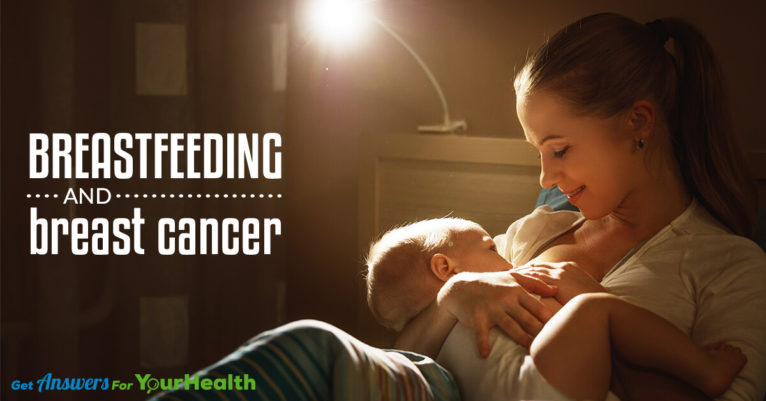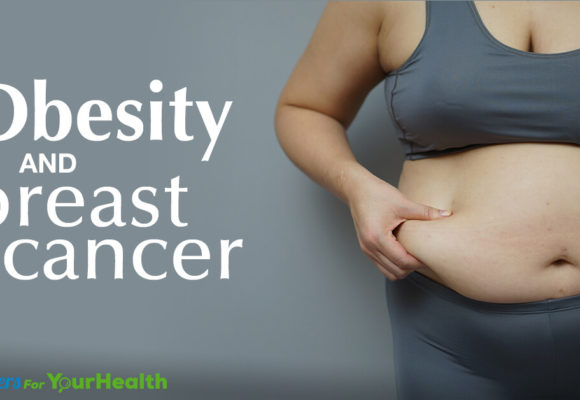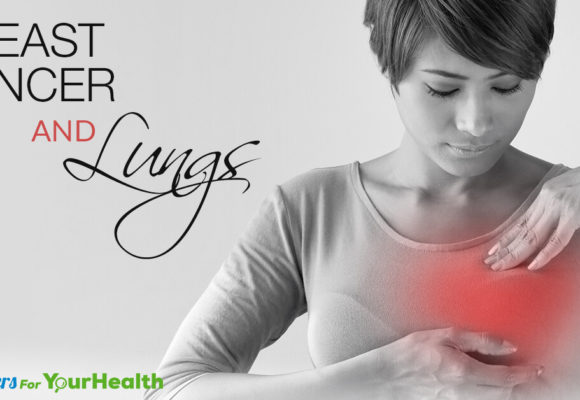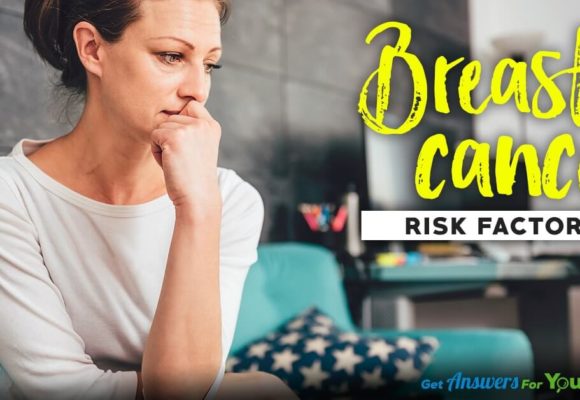1) Grab a FREE copy (Value $14.95) of one of my books Thyroid Symptom Overload
Just pay shipping $7.95 for any US orders. Or, if you want to pay full price plus shipping, order from Amazon :)
2) Take our Thyroid Quiz today and find out what "Thyroid Type" you have
This quiz will help you quickly discover where your symptoms are stemming from.
3) Join Our Thyroid Advocate Membership Site - Natural Thyroid Academy
FREE for a limited time. No credit card required.
4) Work with me and my team privately
Schedule your FREE 15 minute phone consultation and we can find out the best way to help you specifically.
Breast feeding is a choice entirely yours, but the positive effects it produces will make you reconsider what you think as an option. For centuries, breast feeding is known to have many benefits for babies, it has also been recently added to the list providing benefits for the mother as well.
You must be already aware that breastfeeding your little one can give him or her a healthy start. It decreases the chances of breast cancer, both before and after menopause. This cancer risk reduction is actually in dose dependent relation. That means the longer you breast feed, the less chances you have of developing cancer.
How Does Breast Feeding Reduce The Cancer Risk:
The positive association between risk reduction of breast cancer with breastfeeding is not a hypothesized one. In fact, researchers prove the beneficial effects of breastfeeding on mother’s breasts and is also explained physiologically (Lane-Claypon JE, London, 1926). Here are the numerous ways how breastfeeding has the positive impact.
- Decreased Estrogen:
Estrogen is chiefly a female hormone, responsible for the development and regulation of female reproductive system and secondary sexual characteristics. The normal growth of breasts in one of the secondary sexual characteristics that is augmented by estrogen.
However, as optimal level of estrogen is beneficial, excessive estrogen production or secretion increases the chances of cancer. In the same way, breastfeeding decreases the chances of cancer by decreasing the estrogen levels.
While breast feeding, most women have fewer menstrual cycles (periods). This means less production of estrogen hormones. This span, results in healthy breast development, reducing the overall chances of developing cancer.
- Improved Lifestyle:
Most women tend to follow a healthier lifestyle while breastfeeding to ensure the safety of their little ones. They eat more nutritious food and limit consumption of alcohol. In turn, this is beneficial in reducing the chances of breast cancer.
- Indulgence In Basic Function:
Just like when an equipment is not used for long time, it starts to deteriorate. Same is the case with every organ in our body. If any part of the body doesn’t function for extended periods, it tends to malfunction. This rule applies to breast tissue as well. Their main purpose is to produce milk in order to lactate. While milking, breasts do their job 24/7 and that limits the cells’ ability to misbehave, which decreases the chances of abnormal growth.
- Shedding Of Cells:
In addition, the breasts cells shed during pregnancy and lactation. This shedding removes the cells with potential DNA damage and or genes having mutation. This ultimately decreases the chances of cancer. Genetic mutation, by far, is the largest known cause of cancer.
Save Your Child From Breast Cancer:
Not only it is your breast you save from cancer, but also your child’s breast by breastfeeding him or her. The antibodies, that pass from you to your baby through your milk, strengthens the immune system.
Breastfeeding can also help prevent your child from being overweight later in life. This decreases the chances of him having cancer in future. As obesity increases the chances of cancer, so does a weak immune system by causing inflammation.
Can You Develop Breast Cancer While Lactating?
Breastfeeding lessens the chances of breast cancer in majority of population, yet it doesn’t reduces the risk to zero. Although it rarely happens, you can develop breast cancer while lactating your little one. Don’t confuse mastitis which is a common condition in which inflammation of breasts occurs. It happens due to clogged pores because of the overflow of milk, ineffective breastfeeding or missed feeds. This condition is common in the few weeks after delivery, however the trapped milk causes pain and inflammation. The matter of concern here is oftentimes while lactating, women don’t notice the lump formation or any other early sign of breast cancer, confusing it with the normal mastitis. This results in delayed diagnosis which is a serious problem. To know more about the problems associated with advancement of cancer, you can read this article about cancer. (with hyper link of not all tumors are cancerous)
Can You Breastfeed Your Child While Having Breast Cancer?
Breastfeeding your child after being diagnosed with breast cancer is safe. This is because the cancerous cells cannot pass to your child through milk. Additionally, there are also numerous benefits of breast feeding that doesn’t depend whether you have breast cancer or not. The most important one is, breastfeeding provides your baby with the antibodies (component of body’s defense mechanism) to fight the viral and bacterial infections. There is no evidence that stopping milk flow may help your symptoms get better. Therefore, you still can breastfeed your child while having cancer. Though it is better to consult your primary physician or oncologist.
Can You Breastfeed Your Child During The Treatment Of Breast Cancer?
Women diagnosed with breast cancer are concerned with nurturing their kids. Whether or not breastfeeding is safe for your little one depends on which treatment you’re going through.
- Chemotherapy:
Generally while having chemotherapy, it is advised to stop breastfeeding. The reason is, the potent chemotherapeutic drugs can pass via breast milk to the baby and enter in his circulation. The adverse effect of these drugs can be severe as they interfere with the normal growth of cells.
- Radiation Therapy:
If the treatment of choice is radiation therapy, it depends which type of radiation therapy is used. When exposed to radiation during treatment, some ducts and pores in the breasts are damaged. In turn, this causes decreased outflow of breast milk. In such case, you can breastfeed from the unaffected breast. On the other hand, if your affected breast can still produce enough milk and there is no blockage, it is your choice to breastfeed your child or not. Consult your primary doctor with questions.
- Surgery:
That again depends which surgery you have been through.
- If you had lumpectomy, ability to breastfeed depends upon how much tissue is removed and whether you are having radiation therapy side by side or not. Most women having lumpectomy are able to produce little milk even from the affected side and breastfeeding is possible.
- After having single mastectomy, milk production from the affected side ceases but from the unaffected side is typically possible. It may produce little milk initially. However, with nursing and pumping frequently, you will eventually breastfeed successfully.
- If you had a double mastectomy, you cannot produce any milk, as there are no milk ducts left.
How To Save Your Breast If You Choose Not To Breastfeed?
Breast feeding is one of the best options to save them from cancer. However, if by any means you are not able to breastfeed or don’t choose to do, there are still some choices about your lifestyle that you can make to keep the risk of breast cancer low.
- Avoid obesity (with hyperlink of article obesity and breast cancer) by doing exercise, having healthy diet and maintaining emotional health.
- Limit alcohol consumption and smoking.
Conclusion:
Breast feeding is beneficial, both for you and your child. As far as risk of cancer is concerned, breastfeeding greatly reduces it. However, after being diagnosed with breast cancer, breastfeeding can be a challenge as some treatments impede the production of milk. Except while having chemotherapy, breastfeeding is generally safe for your child and your own breast as well. Please consult your OB/GYN with any questions.
References:
http://www.medelabreastfeedingus.com/tips-and-solutions/114/mastitis
https://www.babycenter.com/0_clogged-milk-ducts_8494.bc
http://www.breastcancer.org/risk/factors/breastfeed_hist
http://www.medelabreastfeedingus.com/tips-and-solutions/37/breastfeeding-and-breast-cancer
https://www.babycenter.com/0_breastfeeding-and-cancer_8682.bc
https://www.whattoexpect.com/first-year/breastfeeding-after-breast-cancer/
http://www.healthline.com/health/parenting/breast-cancer-while-breastfeeding#treatment7
https://www.mskcc.org/blog/can-breast-feed-during-cancer-treatment
https://my.clevelandclinic.org/health/articles/breast-cancer-during-pregnancy








